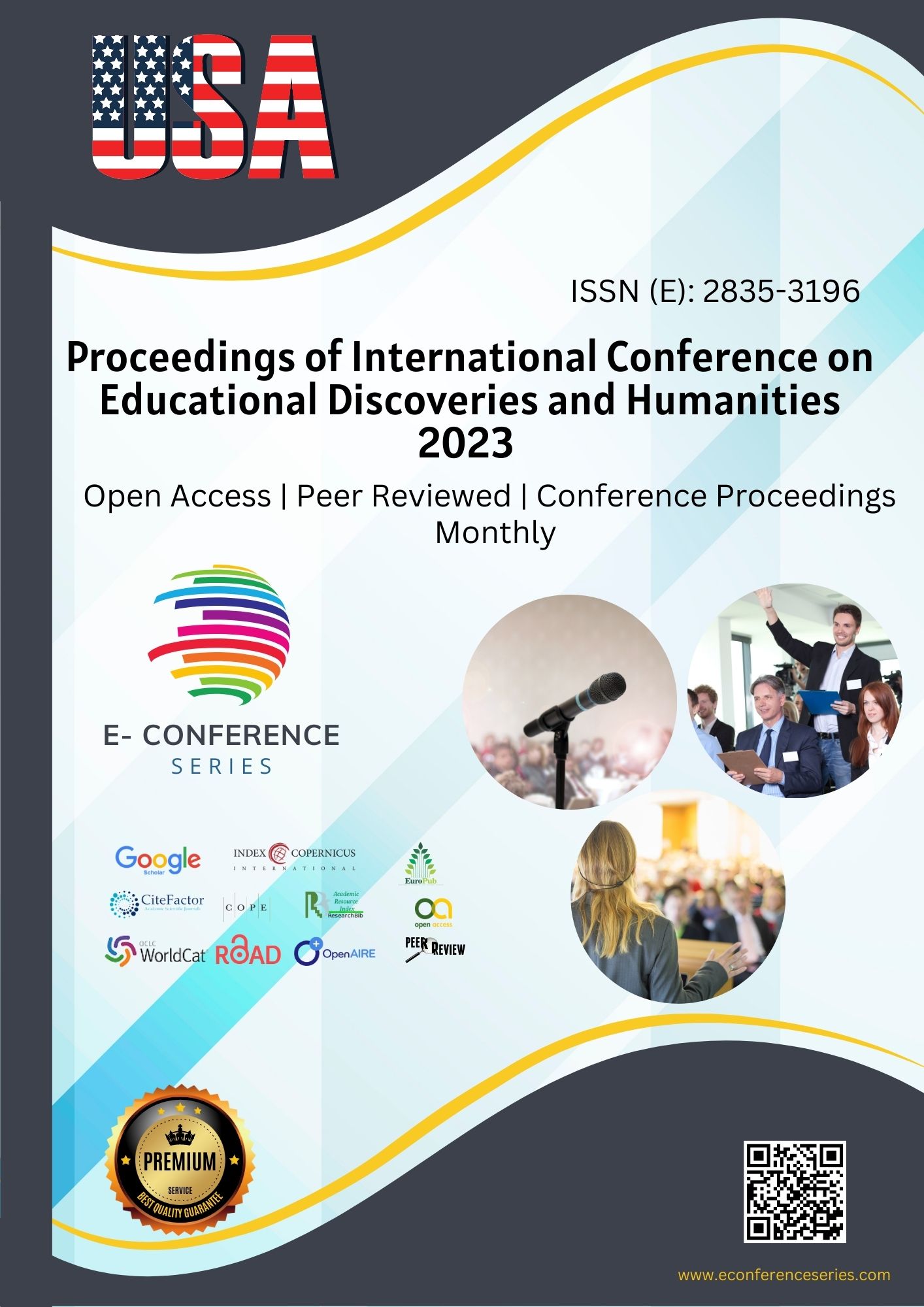BIBLIOMETRIC ANALYSIS: CHEK2 GENE AND BREAST CANCER
Keywords:
CHEK2 gene, breast cancer, mutation.Abstract
Cancer has become one of the main problems for health organizations around the world. The risk of developing cancer during a lifetime (up to 75 years of age) is approximately 20%, and the risk of dying from cancer is 10% [1]. One in every five people will be diagnosed with cancer during their lifetime, and one out of ten patients with the disease will die from it. In 2020, 2.26 million new cases of cancer were reported [2]. Breast cancer is the most commonly diagnosed type of cancer in women worldwide and is the leading cause of death among women with the disease[3]. If the current trend in breast cancer continues, it is estimated that by 2040, over 3 million new cases and 1 million deaths will be recorded, solely due to population growth and aging. As of today, various levels of penetrant mutations associated with the risk of developing breast cancer, including mutations in the CHEK2 gene (checkpoint kinase gene), are known [4]. It has been determined that the CHEK2 gene is a susceptibility gene for breast cancer in several populations. In 2002, it was reported that a mutation in the CHEK2 gene could lead to the development of breast cancer, and numerous subsequent studies have confirmed this [5–7].
References
Aleksakhina SN, Iyevleva AG, Sokolenko AP, et al. (2021) Loss of heterozygosity in CHEK2-associated breast cancer. Voprosy Onkologii 67: 658–664.
Agaoglu NB, Ng OH, Unal B, et al. (2022) Concurrent Pathogenic Variants of BRCA1, MUTYH and CHEK2 in a Hereditary Cancer Family. Cancer Genetics 268–269: 128–136.
Agiannitopoulos K, Papadopoulou E, Tsaousis GN, et al. (2019) Characterization of the c.793-1G > A splicing variant in CHEK2 gene as pathogenic: A case report. BMC Medical Genetics 20.
Ansari N, Shahrabi S, Khosravi A, et al. (2019) Prognostic Significance of CHEK2 Mutation in Progression of Breast Cancer. Lab Medicine 50: e36–e41.
Acevedo F, Deng Z, Armengol VD, et al. (2018) Managing Patient with Mutations in PALB2, CHEK2, or ATM. Current Breast Cancer Reports 10: 74–82.
Apostolou P, Dellatola V, Papadimitriou C, et al. (2021) Article chek2 pathogenic variants in greek breast cancer patients: Evidence for strong associations with estrogen receptor positivity, overuse of risk-reducing procedures and population founder effects. Cancers 13.
Apostolou P, Fostira F, Mollaki V, et al. (2018) Characterization and prevalence of two novel CHEK2 large deletions in Greek breast cancer patients. Journal of Human Genetics 63: 877–886.
Ansari N, Shahrabi S, Khosravi A, et al. (2019) Prognostic Significance of CHEK2 Mutation in Progression of Breast Cancer. Laboratory Medicine 50: e36–e41.
Global Burden of Disease Cancer Collaboration, Fitzmaurice C, Abate D, et al. (2019) Global, Regional, and National Cancer Incidence, Mortality, Years of Life Lost, Years Lived With Disability, and Disability-Adjusted Life-Years for 29 Cancer Groups, 1990 to 2017: A Systematic Analysis for the Global Burden of Disease Study. JAMA Oncol 5: 1749.
Delwiche FA (2018) Bibliometric Analysis of Scholarly Publications on the Zika Virus, 1952–2016. Science & Technology Libraries 37: 113–129.
Franco P, De Felice F, Jagsi R, et al. (2023) Breast cancer radiation therapy: A bibliometric analysis of the scientific literature. Clinical and Translational Radiation Oncology 39: 100556.
Fresno-Alba S, Denche-Zamorano Á, Pastor-Cisneros R, et al. (2023) Breast cancer and physical activity: A bibliometric analysis. Front Oncol 12: 1051482.
Gu J, Hu M, Chen Y, et al. (2023) Bibliometric analysis of global research on physical activity and sedentary behavior in the context of cancer. Front Oncol 13: 1095852.
Downloads
Published
Issue
Section
License

This work is licensed under a Creative Commons Attribution-NonCommercial 4.0 International License.








